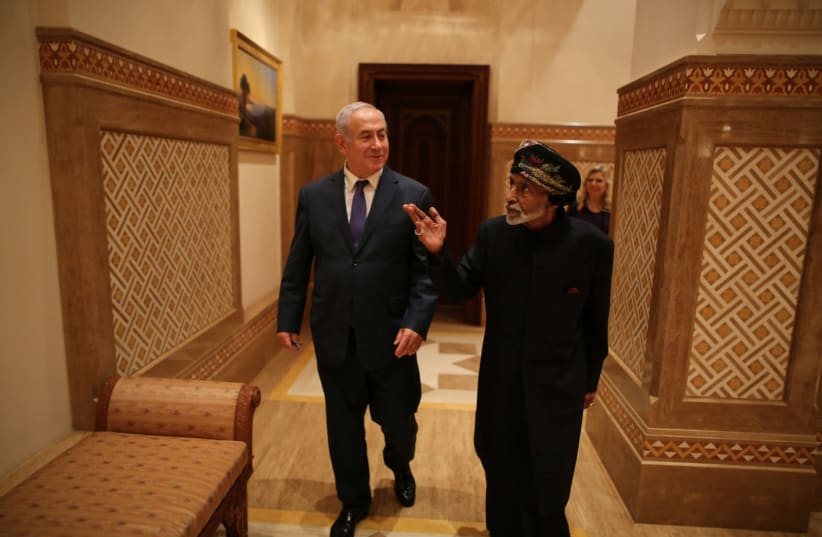Did the Mossad really positively impact ties between Israel and Oman?
Mossad head Yossi Cohen made a rare public appearance and revealed that he and his agency had been behind most of the recent progress Israel has had with its moderate Sunni Arab neighbors.
